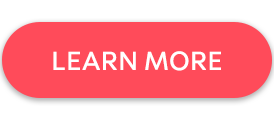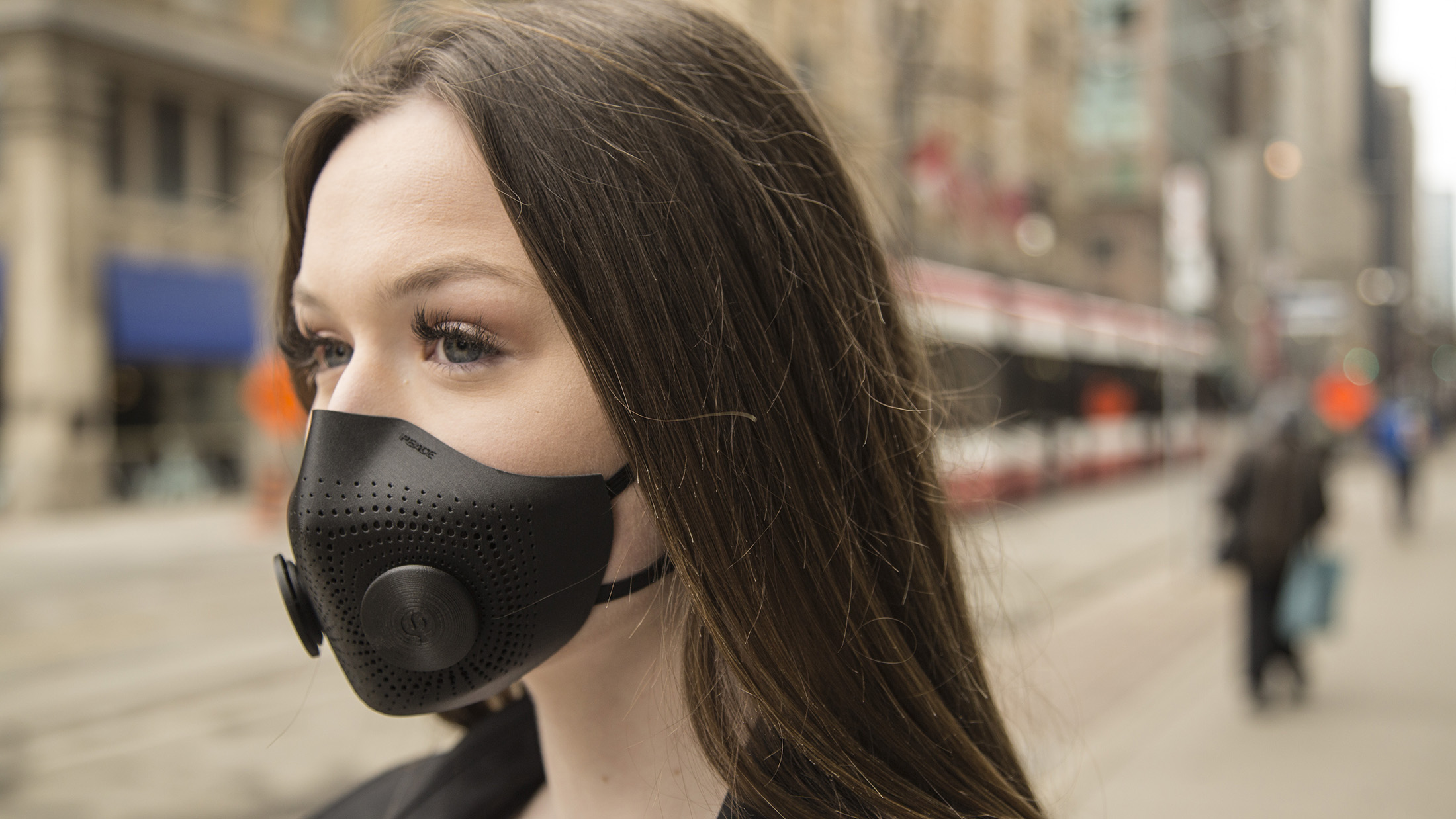
LuxMea Studio, a company specializing in computational design and digital fabrication, has developed customizable face masks called Nuo Masks and have partnered with Shapeways to use 3D printing technology to print each customized model. These masks are designed to be comfortable, durable, reusable and are designed to fit each person individually. The speed and affordability of 3D printing have enabled LuxMea to conduct fast prototyping and produce reliable, bespoke masks built especially for individual customers. They have just launched their kickstarter campaign to make them accessible to the public.
As the concept of “one size fits all” falls short, especially when it comes to comfort and safety, the ability to customize on a mass scale efficiently and affordably is of the utmost importance. See how LuxMea and Shapeways’ partnership facilitates mass customization with the Nuo face masks:
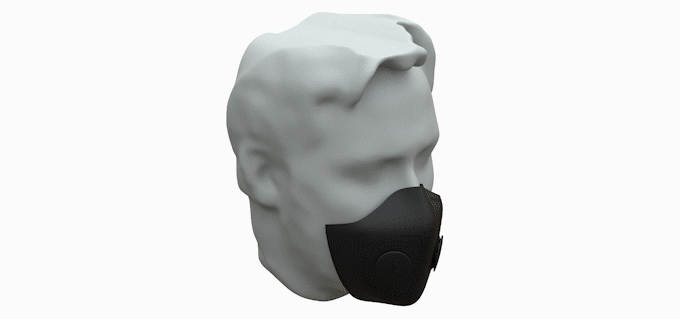
How did your idea for the Nuo Mask start?
We have been working on Personalized Profile + Customized Products (PPCP™) over the last two years to create a bespoke experience for everyone. Our first project was with doctors from Mass General Hospital. We have also been working on a bespoke glasses project and when we found out we couldn’t get a mask that fit, we naturally thought 3D printing and mass personalization was the answer.
How are the Nuo Masks made?
The masks use an interchangeable filter that filters 99.9% micropollutant particles and an ergonomically designed dual valve system. The fit is determined by an online smart guide that takes individual measurements of the face. A bespoke design is then generated based on those measurements. A customizable label on the mask is also offered. The design is then sent to Shapeways where it is printed and shipped out to customers.
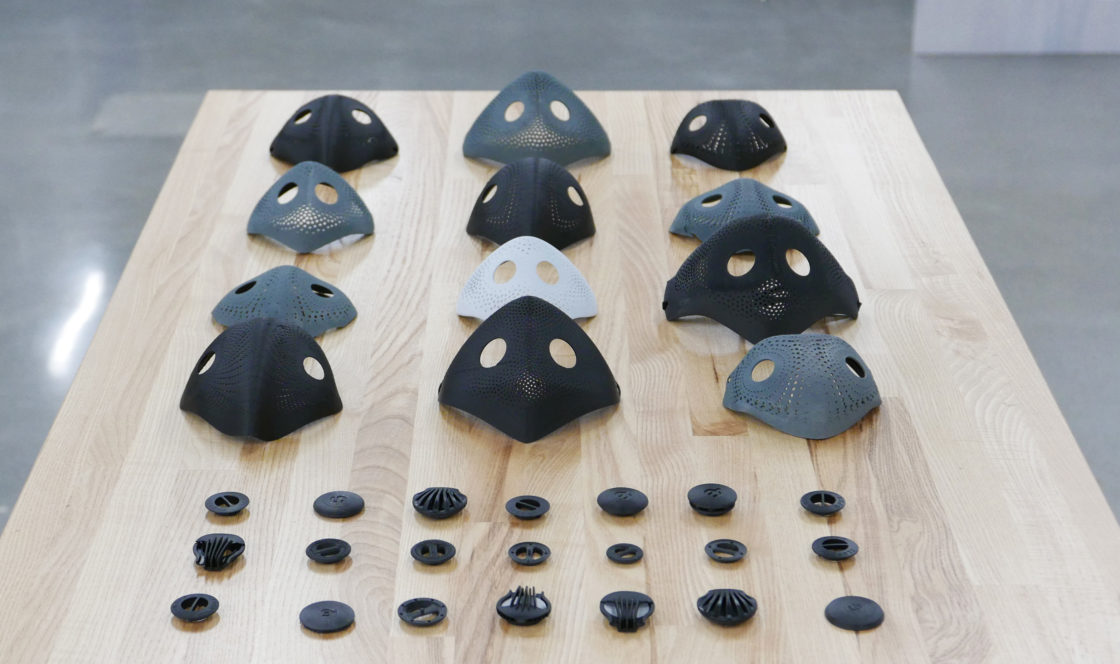
What was involved in the initial prototyping stages?
Prototyping involved a functional test, fit test, structural optimization, and user data measurement test. Then we used 3D printing to quickly test our ideas.
Why 3D printing? What other manufacturing methods have you considered?
We have not considered other manufacturing methods. The geometry we are working with, for example, is not suited for CNC or injection molding techniques. We believe that 3D printing enables new possibilities for mass customization and personalization. It makes perfect sense to us to 3D print personalized products. There is the clear benefit of fast prototyping. With 3D printing, we have printed tens of revisions within a period of three weeks.
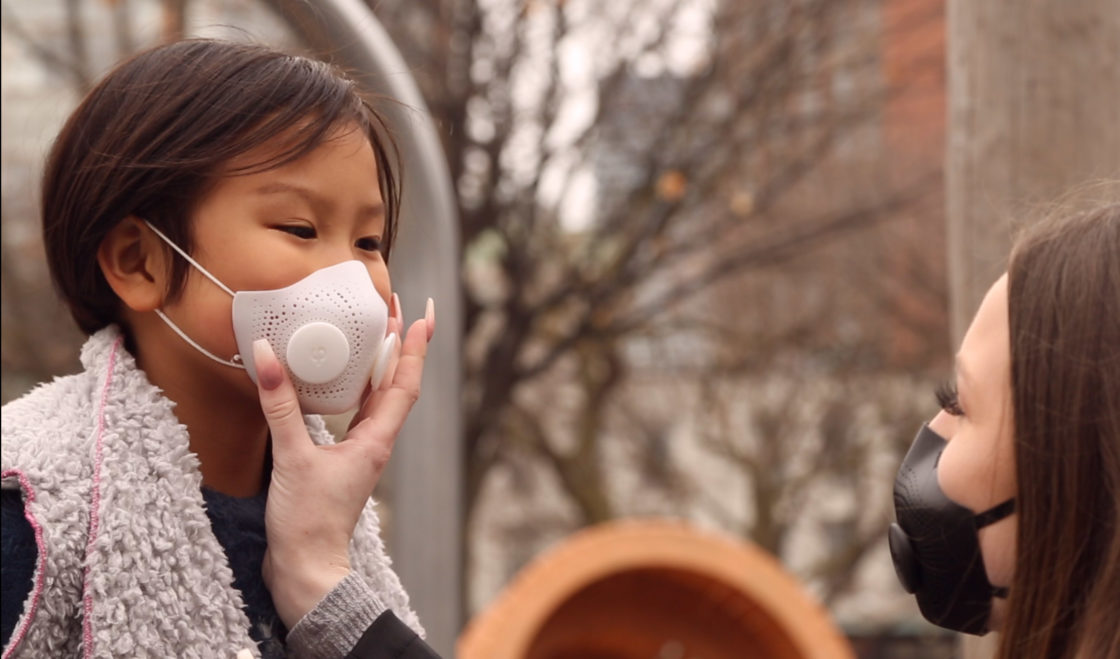
Aside from comfort and reusability, how does your 3D printed mask compare to a disposable one?
The 3-ply disposable (or surgical) masks are made from a soft material so there is no way to seal the nose, face and chin properly which makes for serious leakage problems. By creating a custom nose, face and chin profile, our mask has a much better fit and seal. N95 masks require professional training to wear them properly. Because they are “one size fits all”, a fair amount of pressure is required which often leaves a mark on the face. The Nuo 3D mask has passed the N95 fit test by one of our hospital clients at their facility.
How do you make personal customization possible virtually?
We have plans to release an online AI for users to get instant feedback. We are considering Autodesk Forge cloud. Autodesk has been very supportive in our past endeavors.
What materials are you using to print the masks and why?
We are considering versatile nylon, for two reasons. The first reason is that the material is very reliable. Second reason is the cost. We want to make sure it is affordable for everyone.
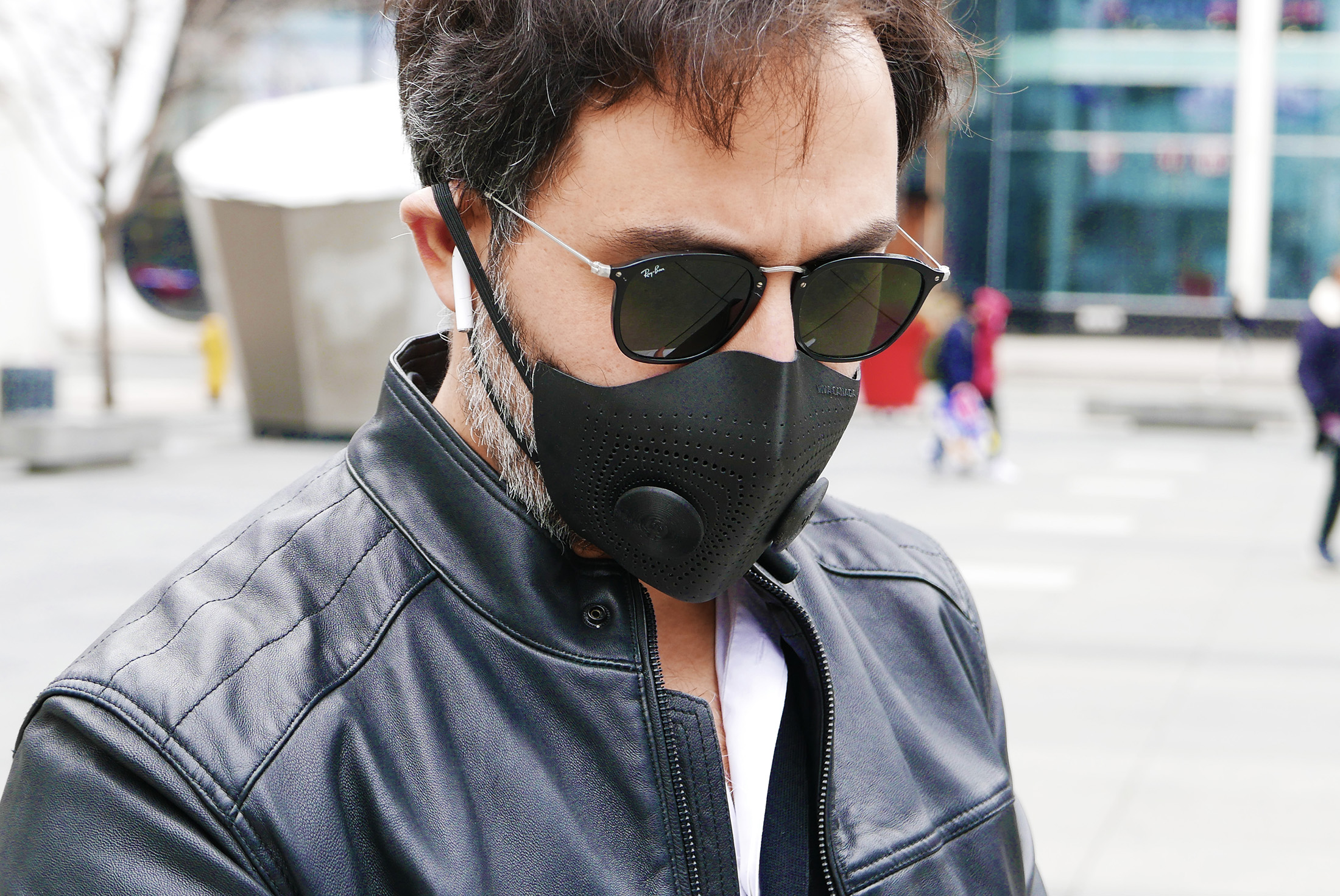
What are your expectations with the kickstarter campaign?
Kickstarter is the platform to validate our idea. Mass customization is a challenging task, and we believe kickstarter is the right community to bring our vision alive.
What role does Shapeways play in bringing your product to life?
We have been working with Shapeways since early 2016 and Shapeways has always been our trusted and go-to partner for commercial 3D printing production. We had a meeting last year and discussed the possibility for mass customization. The Shapeways API allows certain software platforms to export files directly to Shapeways, without the need of manually uploading each file. Without Shapeways’s API, we would have to limit the quantity and increase the cost to account for manually uploading and checking for each file.
Do you have a project that could benefit from a partnership with Shapeways? Tell us how Shapeways could help you with your manufacturing needs!



